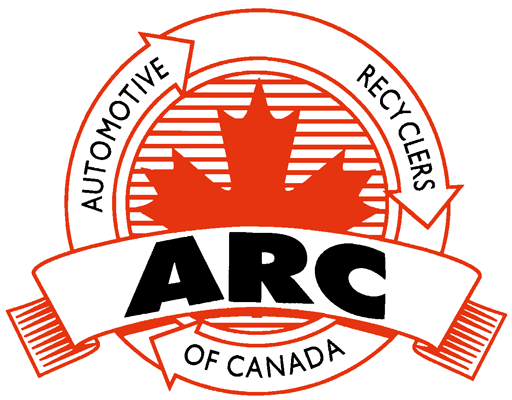By David Gold, Standard Auto Wreckers. This article first appeared in Collision Repair Magazine.nnI was all set to write an article on a completely different topic (flood vehicles) when I read Sam Piercey’s latest column on Collision Repair magazine’s website titles “Fight Night – It’s time drop the gloves.” Being your typical “Rock’Em Sock’Em” Don Cherry-style hockey enthusiast I was intrigued and read Sam’s article. The sentiments expressed in the article are all-encompassing especially as it relates to the constant pressure that Sam and his industry are under and the feeling of being squeezed on a daily basis.nnThis feeling of being “squeezed” isn’t limited to the collecting of the appropriate amount of money for products and services as Sam explains, but it also manifests itself in the constant scrutiny of having to keep your performance metrics or key performance indicators (KPI’s) at the levels expected, whether or not they make sense at all. As Sam explains, all of this has led to decreased efficiencies in that he has hired more staff to deal with elaborate processes and moreover a decrease in cycle times as he handles files longer. As Sam says,”…just so we could do things the way some of our partners insist they want it done, rather than just wanting it done right.”nnAs I read through Sam’s article a few times I really began to appreciate what it must be like for collision repairers whose business model is very dependent on their partners to remain profitable so they can keep up with the current technology and best practices in the collision repair process and to of course, compensate their people well.nnBelieve me when I tell you that auto recyclers don’t condone or want to participate in programs that will see you “dry up and disappear” as we understand that we will disappear with you.nnWe understand that scrutiny you’re under and we feel it to. For the first time auto recyclers KPI’s are being tracked by third party vendors. Interpreting the data and looking for trends has been a daunting and time-consuming task for many of us.nnTo Sam’s point, “when does it stop?” For auto recyclers that question has to be measured in dollars and sense as we have to look at ourselves as being in the “money business.” What used to be a labour of love is closer to a love of labour these days.nnMany auto recyclers simply do not want to play in the late model collision parts game any longer. There has been a profound shift. Many recyclers that still play in this game are questioning their involvement significantly and are happy to diversify into other areas. Some have even closed their doors.nnWhen recyclers that have been around for 50 years in a major city shut down that speaks volumes.nnGiving up for the majority of us is not an option and while we so feel the pinch with these in-depth reports and KPI’s, I suggest that we all take a step back and relax. Recyclers can have great KPI scores if we want to quality control everything to the point where the majority of our parts don’t make these estimates, but while the report would look good we would go bankrupt! It has been told to me by our consultant that he has seen recyclers with return rates that are “too low” and this is a big concern for him as those recyclers that have return rates that are above average. If recyclers and repairers have barriers put up that discourage making our parts stick for the repair, then something is not right.nnRecyclers and repairers have always worked together very well and we look forward to continuing this relationship for many years to come. At the same time, auto recyclers have to be resilient and forge ahead on other profit centres, as it is very clear that we can’t survive if we had to rely on the late models sheet metal parts sales alone to stay in business. Let’s work together and respect each other for both our mutual benefits and make it our resolve to participate in profitable deals in 2013 and beyond.nnDavid Gold is the co-owner of Standard Auto Wreckers, an auto recycling facility with locations in Toronto, Ontario and Niagara Falls, New York. He can be reached by telephone at 416-286-8686 or via e-mail at [email protected]
